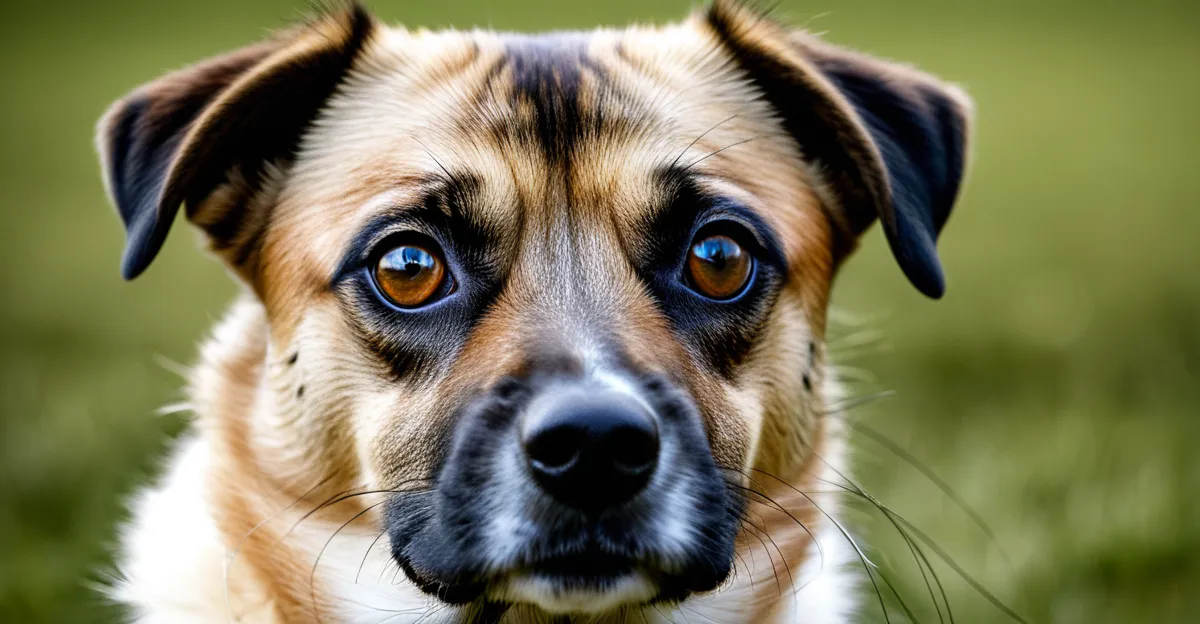Most Popular Companion Animals in the UK: Current Rankings and Data
Understanding the most popular pets in the UK requires examining the latest UK companion animal statistics drawn from reputable sources such as the Pet Food Manufacturers’ Association (PFMA) and the RSPCA. According to recent UK pet ownership surveys, the top companion animals consistently include dogs, cats, and smaller mammals, reflecting longstanding preferences across British households.
Data reveals that dogs remain the most owned companion animals, with a strong presence in nearly a quarter of UK homes. Close behind, cats demonstrate widespread popularity, often favored for their independent nature. Meanwhile, smaller mammals—including rabbits, hamsters, and guinea pigs—account for a significant share of pet ownership, catering to families seeking more manageable or space-friendly pets.
This might interest you : How Can Pet Ownership in the UK Influence Emotional Well-Being?
These figures highlight notable pet ownership trends; for instance, there is an increasing interest in smaller, lower-maintenance animals, while dogs and cats maintain steady or growing numbers. This dynamic illustrates evolving lifestyles where pet owners prioritize companionship tailored to living conditions, time commitments, and personal preferences. By analyzing UK companion animal statistics, we gain insight into how British pet ownership continues to adapt in response to societal changes.
Dogs as the Leading Companion Animal
Dogs dominate the UK pet dog popularity landscape, featuring in over 26% of UK households according to the latest dog ownership statistics. This solid footing makes dogs the most popular companion animals across the country. The appeal lies in their loyal and engaging nature, fulfilling needs for companionship, exercise, and security. Many owners cite dogs’ social traits and adaptability as reasons for their sustained appeal.
Have you seen this : How Do Different UK Pet Breeds Impact Their Owners’ Lifestyles?
Demographically, dog owners in the UK represent a diverse group. Families often choose dogs for their ability to bond with children, while singles and older adults appreciate dogs’ emotional support and routine encouragement. Urban households favor smaller breeds compatible with limited living spaces, whereas rural areas see more medium to large breeds suited for open environments.
The steady or growing dog population reflects their integral role in British life. This trend is corroborated by UK companion animal statistics, emphasizing dogs’ unparalleled position despite rising numbers of other pets. Their importance is further highlighted by continual investments in pet care, training, and health services, underscoring dogs’ place at the heart of UK pet ownership culture.
Cats: A Close Second in Pet Popularity
Cats rank as one of the most popular pets UK households choose, with cat ownership UK figures showing approximately 24% of homes having at least one cat. This places cats just behind dogs but firmly ahead of many other companion animals. According to the latest UK companion animal statistics, cats offer a balance between affectionate companionship and relative independence, suiting lifestyles that may lack the time or space to accommodate a dog.
When comparing cat ownership UK rates to dogs, the gap narrows in urban areas where smaller living spaces make cats more practical. Cats require less active daily care, which appeals to busy individuals or families managing work and home demands. This trend is confirmed by several UK pet ownership surveys, highlighting a subtle rise in cat numbers as people increasingly seek low-maintenance pets.
Furthermore, cats’ adaptability to indoor living and lower exercise needs contrast with the active care dogs demand, influencing owner preferences. Social shifts, including more single-person households and apartment living, contribute to the steady or modestly increasing cat population within the UK, underscoring their essential role among popular UK pets today.
Small Mammals and Other Top Pets
Small mammals including rabbits UK, hamsters UK, and guinea pigs UK hold a notable place among popular UK pets, appealing particularly to households seeking manageable, space-conscious companions. According to recent UK companion animal statistics, rabbits are the most commonly kept small mammals, with ownership rising steadily as families favour pets that are easy to care for and interact with children. Hamsters and guinea pigs also maintain solid popularity due to their compact size and relatively low maintenance.
The latest UK pet ownership surveys highlight ongoing interest in these animals, driven by urban living conditions and the desire for pets that require less time commitment than dogs or cats. These small mammals provide educational opportunities for children and serve as gentle, approachable companions in households of all sizes.
Trends from the PFMA and RSPCA data reveal a gradual increase in non-traditional pets beyond small mammals, including reptiles and ornamental birds, reflecting expanding definitions of pet ownership in the UK. Understanding these nuances within pet trends UK helps explain why small mammals and other top pets continue to thrive alongside the dominant dog and cat populations across British homes.









